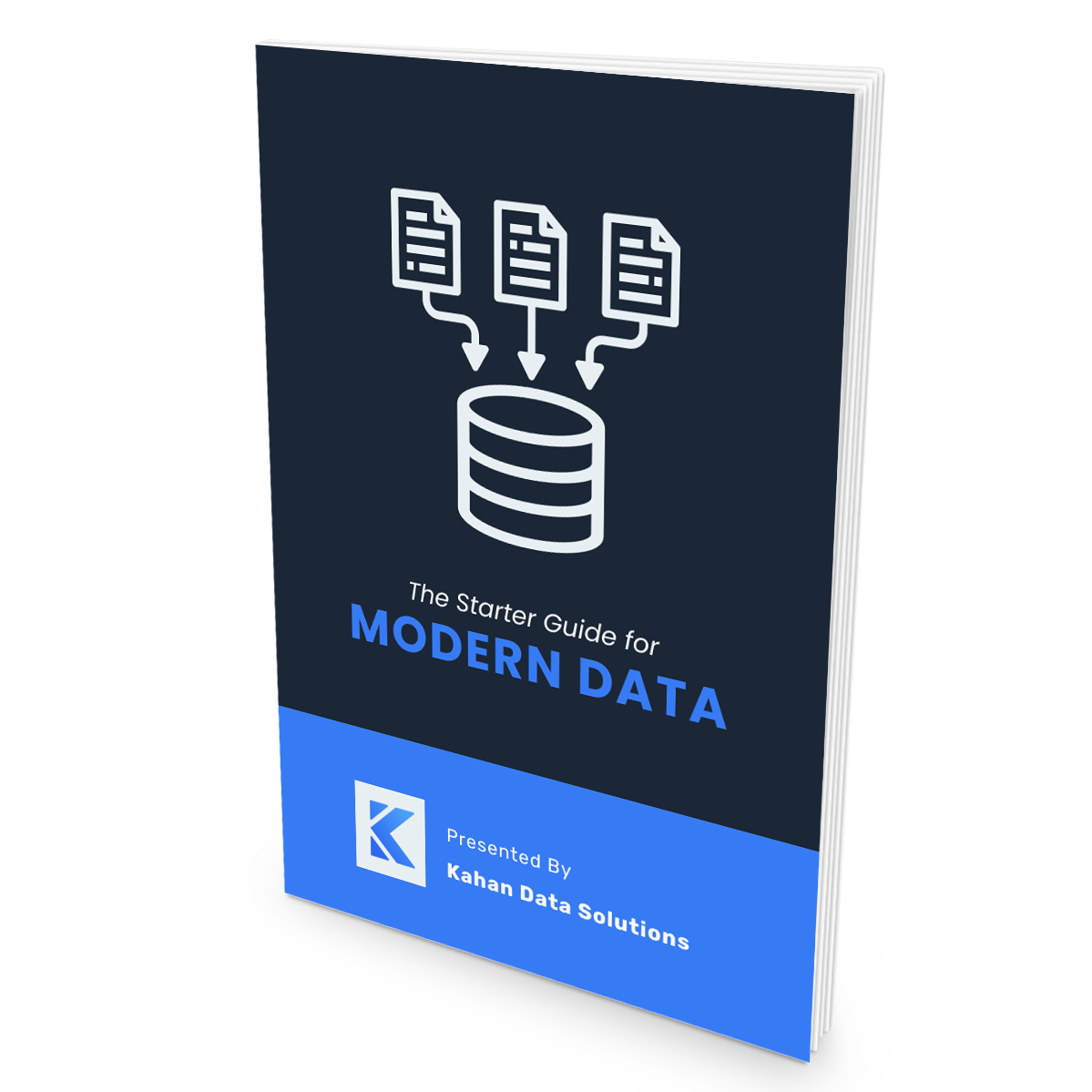
#023: Working in Data as an Employee vs Consultant
Dec 10, 2022
You don’t have to be a full time employee to join a data team.
Nowadays, it’s common to be a consultant or contractor.
But how do you know which route is better for you?
Fortunately, I’ve been on both sides of this dynamic.
So today I’ll share 4 key differences between life as an employee vs consultant:
- On-boarding
- Final Decisions
- Career Paths
- Money
Employees on-board to a company, consultants on-board to a project.
Employees are long term investments.
You learn about the company history, vision and values.
Maybe even shadow others before settling into your role.
But consultants are viewed more transactionally.
The expectation is you're hired to complete a project.
And that you’re qualified and ready to contribute on day 1.
Employee advice: Learn skills from experienced consultants
Consultant advice: Expect to be thrown into the fire
Most final decisions are made by employees. And that’s OK.
As a consultant, you bring expertise and offer advice.
But the reality is employees will be the ones maintaining platforms long-term.
It’s only fair they have final say in big decisions.
So if you plan to be a consultant, you need to be prepared for this.
Employee advice: Be respectful and mindful of this dynamic
Consultant advice: Don’t take it personally
Employees have a career path, consultants set their own
If you perform well as an employee, you’ll be a Senior or Lead in X years.
This provides a clear and agreed upon goal.
But as a consultant, especially an independent, you won’t have this clarity.
No annual reviews.
No set job titles.
Your career is based on how well you land clients.
But this “risk” might also mean faster growth.
Plus you’re not bound to a single culture or path.
Employee advice: Never underestimate relationships in your career
Consultant advice: Don’t neglect lead generation
Employees have salaries, consultants have rates
As an employee, you’re paid a portion of your salary each paycheck.
The company also withholds taxes on your behalf and provides benefits.
As a consultant, you set your own rate in a contract.
You’re then paid by the hour or project.
You’re also responsible for your own taxes and benefits.
All things equal, you usually earn more as a consultant.
But it’s rarely as consistent as an employee paycheck.
Employee advice: If you want a raise, you need to ask for it.
Consultant advice: Be comfortable negotiating or saying no
A great perk of data engineering is the flexibility to work in different ways.
As you consider your options, be sure to manage expectations around on-boarding, decisions, career paths and money.
Are you a small or 1-person data team?
I’ll work with you 1:1 to implement a simple, modern data architecture that fits your situation.
Over 8 weeks, we’ll audit your current setup, work through key architecture decisions, and leave you with a clear plan you can execute confidently, without costly mistakes or rework.
